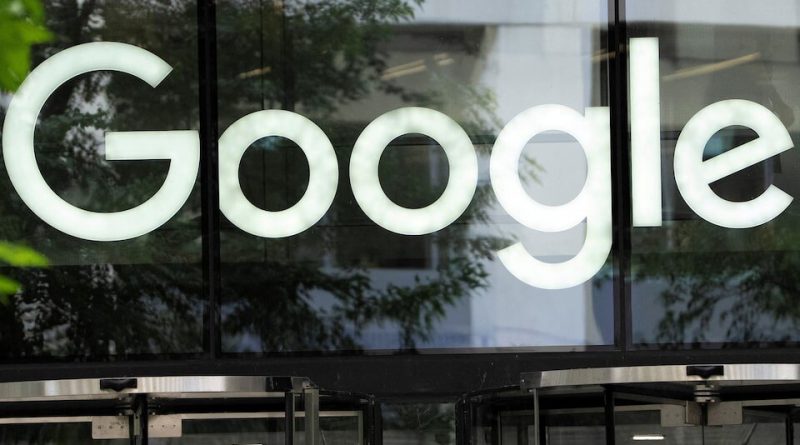Google Withdraws EU Antitrust Complaint Against Microsoft as Cloud Sector Faces Wider Scrutiny
Google’s decision comes just days after regulators launched a broader probe into whether Microsoft and Amazon hold excessive influence in Europe’s cloud market, shifting the focus to a sector-wide assessment rather than a single-company dispute.
Google has formally withdrawn its antitrust complaint against Microsoft’s cloud business in the European Union, choosing instead to let a new regulatory investigation shape the future of competition oversight across the cloud computing sector.
The complaint, filed last year, accused Microsoft of using restrictive licensing terms that made it difficult for companies to run Microsoft software on rival cloud platforms, a practice that Google argued limited customer choice and discouraged fair market participation.
The withdrawal comes one week after EU regulators announced a fresh inquiry into whether large cloud providers, particularly Microsoft Azure and Amazon Web Services, are benefiting from conditions that reinforce their dominant positions in the European market.
This broader investigation will examine structural practices within the cloud ecosystem, including whether certain contractual or technical features create barriers for smaller providers and limit options for businesses shifting to the cloud.
Google confirmed the withdrawal in a public statement explaining that the new EU-led review would more effectively address systemic issues, removing the need for a parallel complaint focused solely on Microsoft’s conduct.
The company said it would continue participating in discussions with policymakers, stressing that open standards and freedom of choice remain essential for a competitive and innovative cloud environment.
The blog post announcing the decision highlighted Google’s ongoing work with customers and regulators across the EU and the UK, positioning the company as a supporter of wider industry reforms rather than a single-party dispute.
The European Commission’s new investigation will explore whether Microsoft and Amazon, the two largest cloud providers in Europe, should be classified as “gatekeepers” under the Digital Markets Act, a designation that carries strict behavioural obligations.
The Digital Markets Act aims to ensure that users of major digital platforms have access to alternatives, preventing dominant firms from designing systems that favour their own services over those of competitors.
If Microsoft Azure or Amazon Web Services receive the gatekeeper designation, they may face new rules governing interoperability, data portability and contractual transparency for enterprise clients.
Google, which holds roughly 13% of the cloud market compared to Microsoft’s 20% and Amazon’s 30%, has positioned itself as an advocate for policies that prevent excessive consolidation in essential digital infrastructure.
Industry analysts say the withdrawal of the complaint suggests that Google sees greater strategic value in a broader regulatory review, rather than a prolonged dispute over one company’s alleged licensing practices.
The new probes are expected to continue for at least a year, with the European Commission gathering evidence, consulting industry players and assessing whether corrective measures are needed.
If regulators conclude that certain practices distort competition, they could impose obligations requiring companies to change how software licensing, cloud migration tools and integrated services are structured.
This could reshape how enterprises manage cloud spending and choose long-term digital partners, particularly in sectors where cloud services have become deeply integrated into daily operations.
The EU’s inquiry reflects growing global attention on cloud infrastructure, as governments recognise the critical role it plays in cybersecurity, data governance and economic resilience.
Tech companies are increasingly relying on cloud architecture to support artificial intelligence, making questions about competition and access even more significant for Europe’s long-term digital strategy.
By stepping back from its direct complaint, Google signals confidence that regulators will take a wider view of cloud-sector dynamics, allowing a more comprehensive framework to emerge that defines acceptable conduct for large digital service providers.
The outcome of the EU review could influence policy beyond Europe, setting a precedent for how governments evaluate concentrated control in technologies that underpin much of the modern digital economy.



